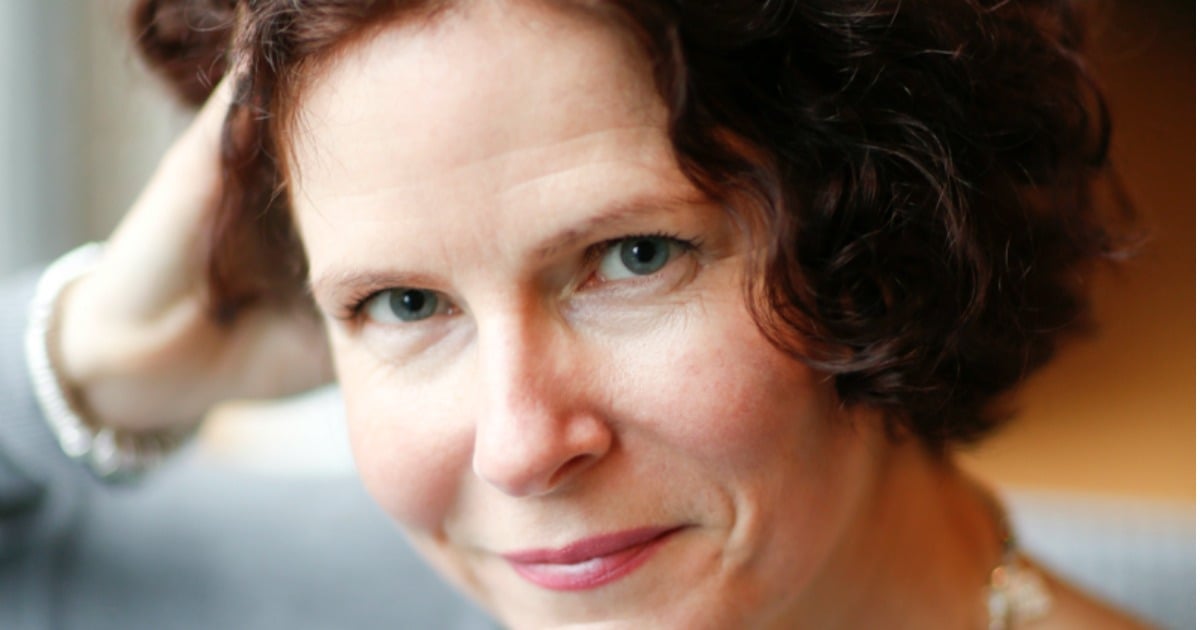
Imagine how it would feel to one day wake up and find your vision descending swiftly into darkness. Your fingertips are turning numb, and, as the world closes in around you, you realise there is nothing you can do to stop it. This is what happened to Vanessa Potter. Patient H69 is a gripping human story, made more real by the unique response of one patient and the science she uncovers.
***
My story begins in 2012, when I was a seasoned broadcast producer making all those tiresome adverts you can now so helpfully fast forward through. I was happily married to Ed, whom I had known for more than ten years, and we lived in Crystal Palace, a leafy part of south-east London, with two small, energetic children. I should tell you straight off that Ed is the opposite of me, with a distinctly laissez-faire attitude towards life. He’s the one swinging our children around by their arms and legs as I’m pushing him out of the door in the morning.
We were both, well, just normal. By the summer of that year I was at a bit of a crux in my life. Should I stick with producing, and spend 70 per cent of my time at work dealing with the many high-octane personalities that my industry attracts (that’s the nice way of putting it), not to mention the increasingly unrealistic budgets and schedules that were being imposed on us more often than not?
In truth, my life involved sprinting out of work to squeeze myself onto an overcrowded train, my foot tapping impatiently at every red signal. I’d then jog to my car to don rally-driver gloves in order to pick up our children from their childminder in time. There wasn’t a day that I got home without finding them fast asleep on the back seat when I finally turned off the engine. It was like living on the M1, and it didn’t suit any of us. Ed had an arduous daily commute to a job he was less than enamoured with, so like many women who hide an invisible apron under their professional veneer, I was bearing the sole weight of our domestic life.




